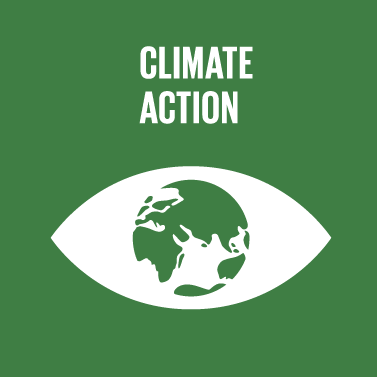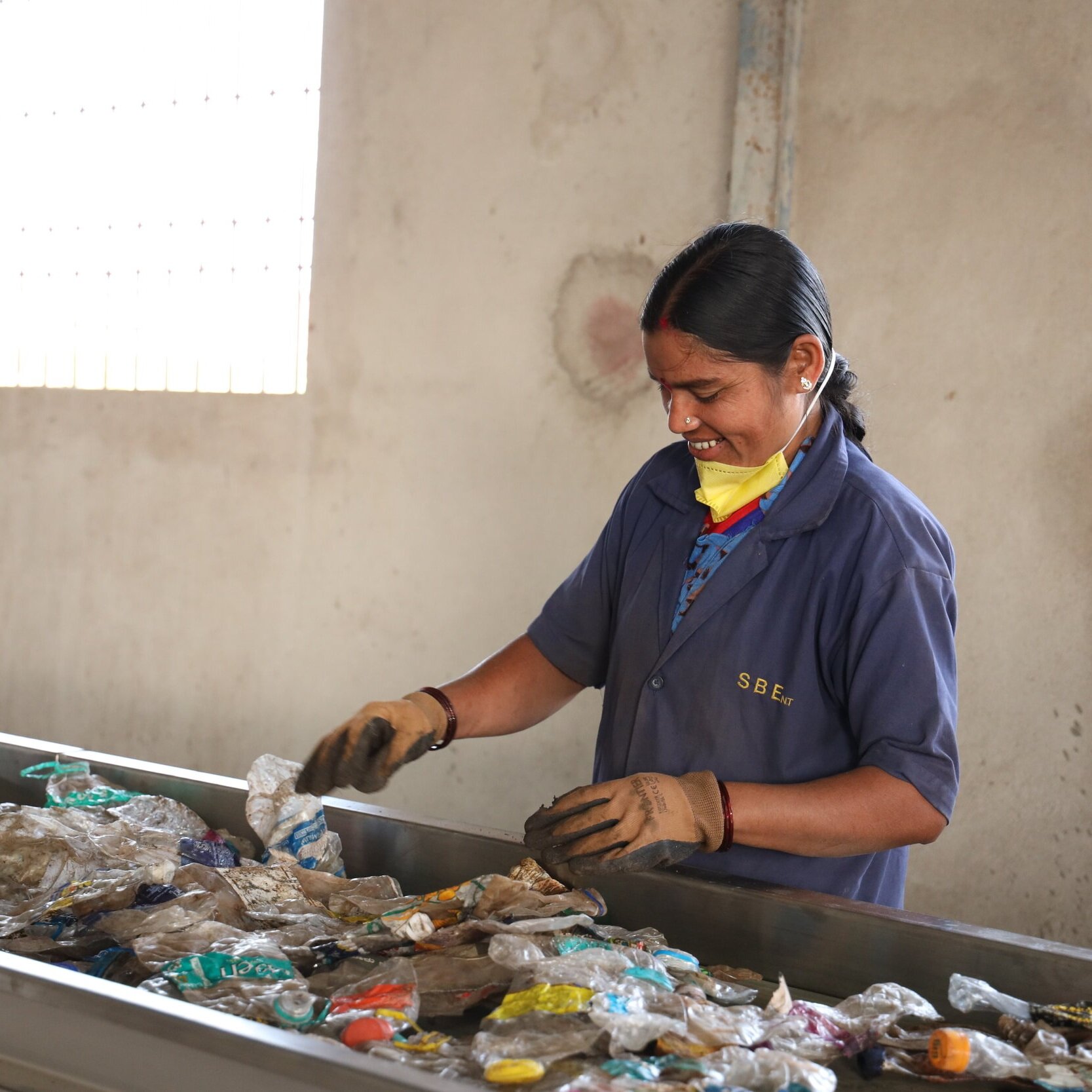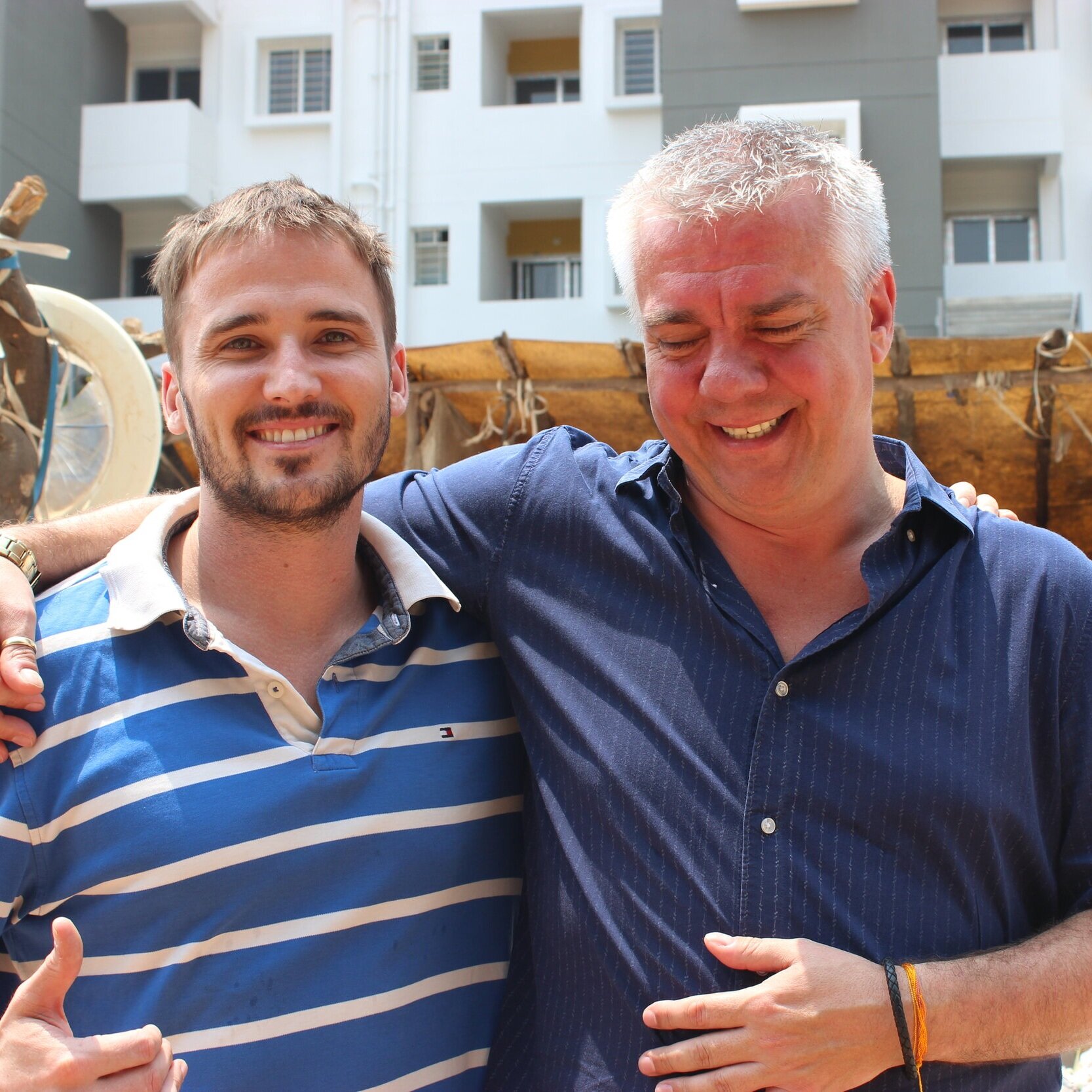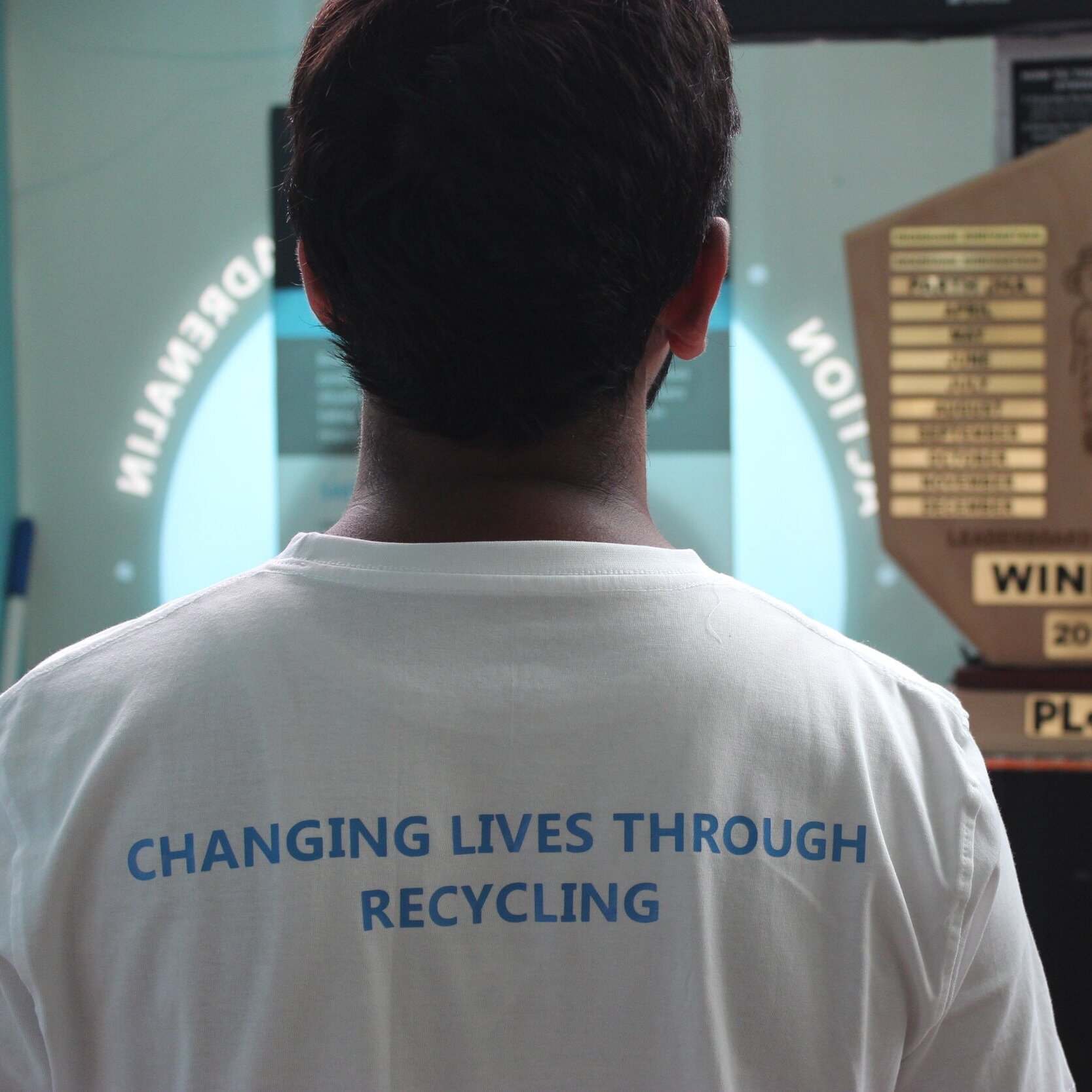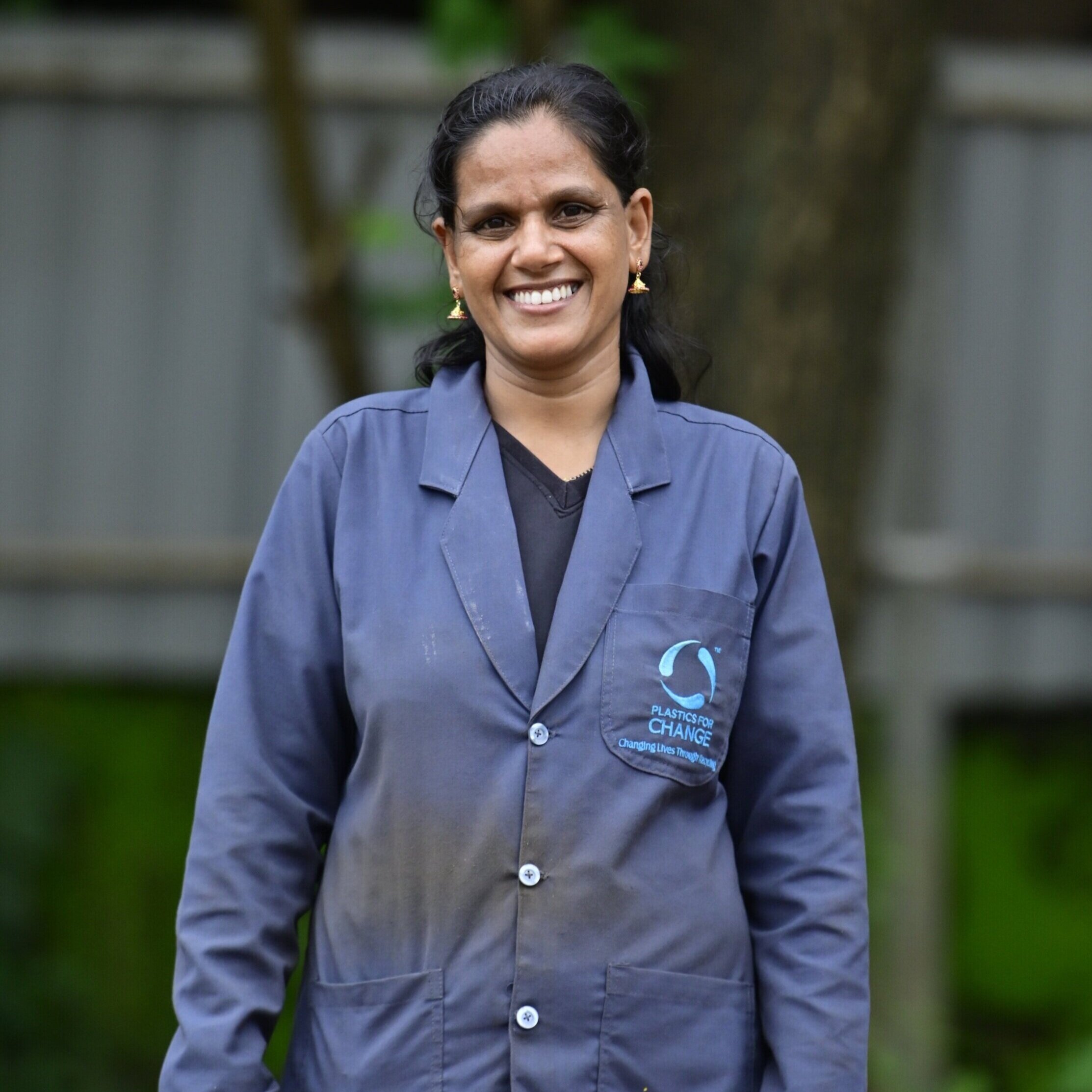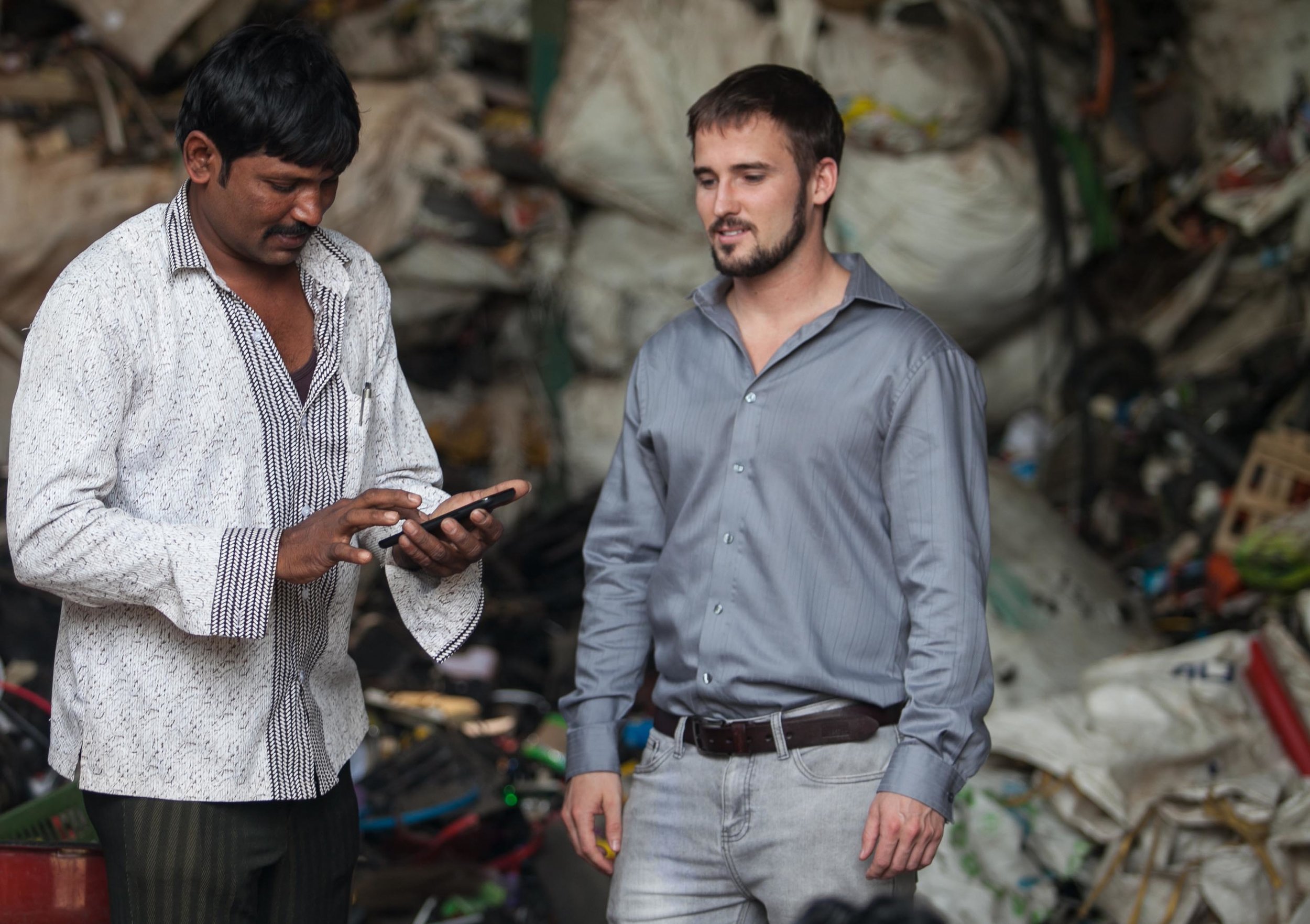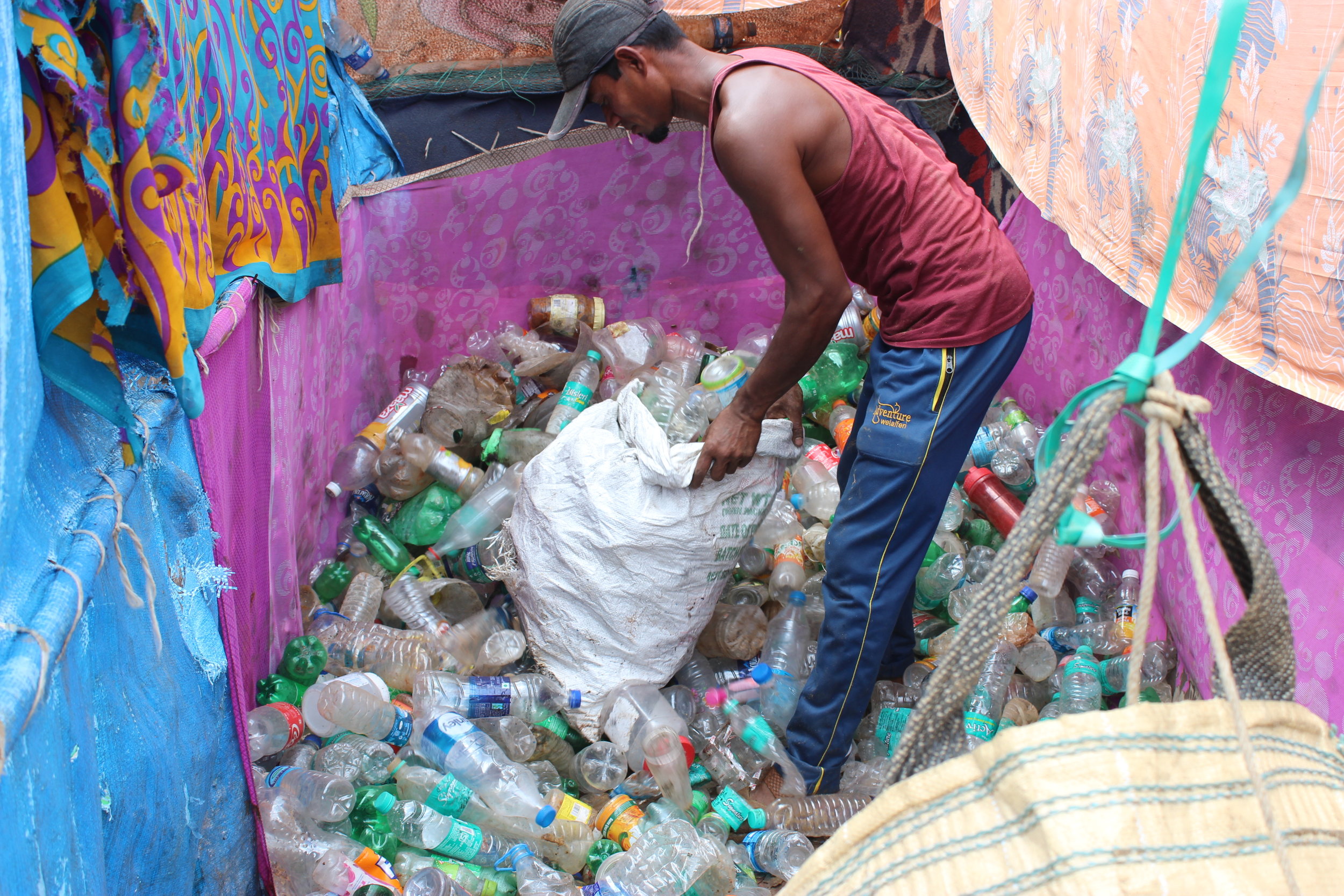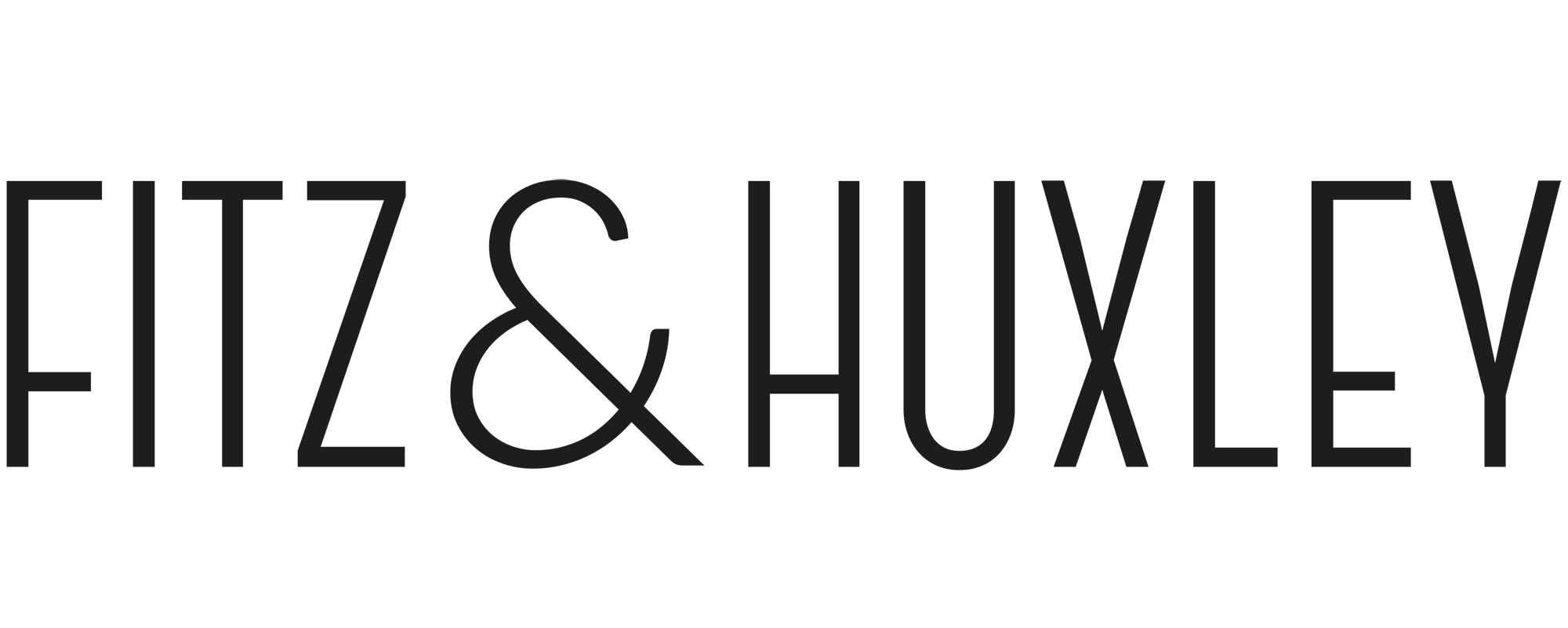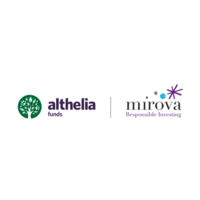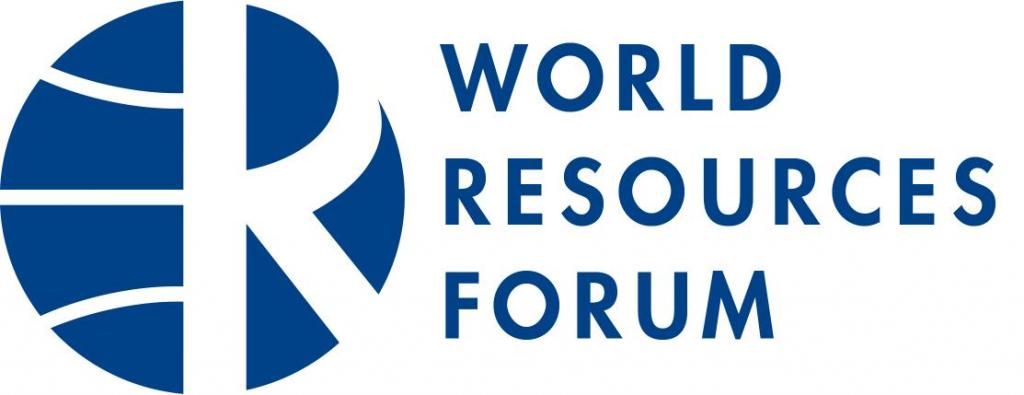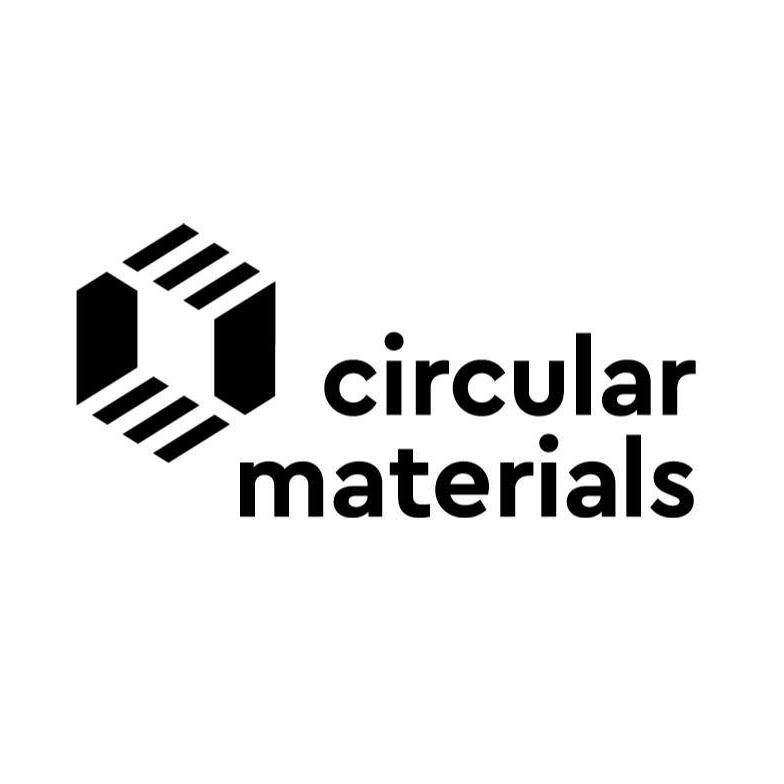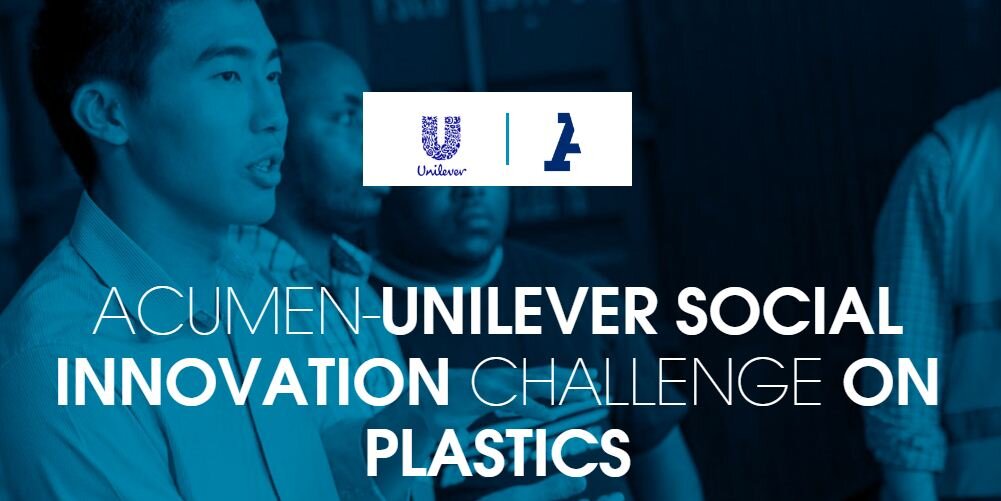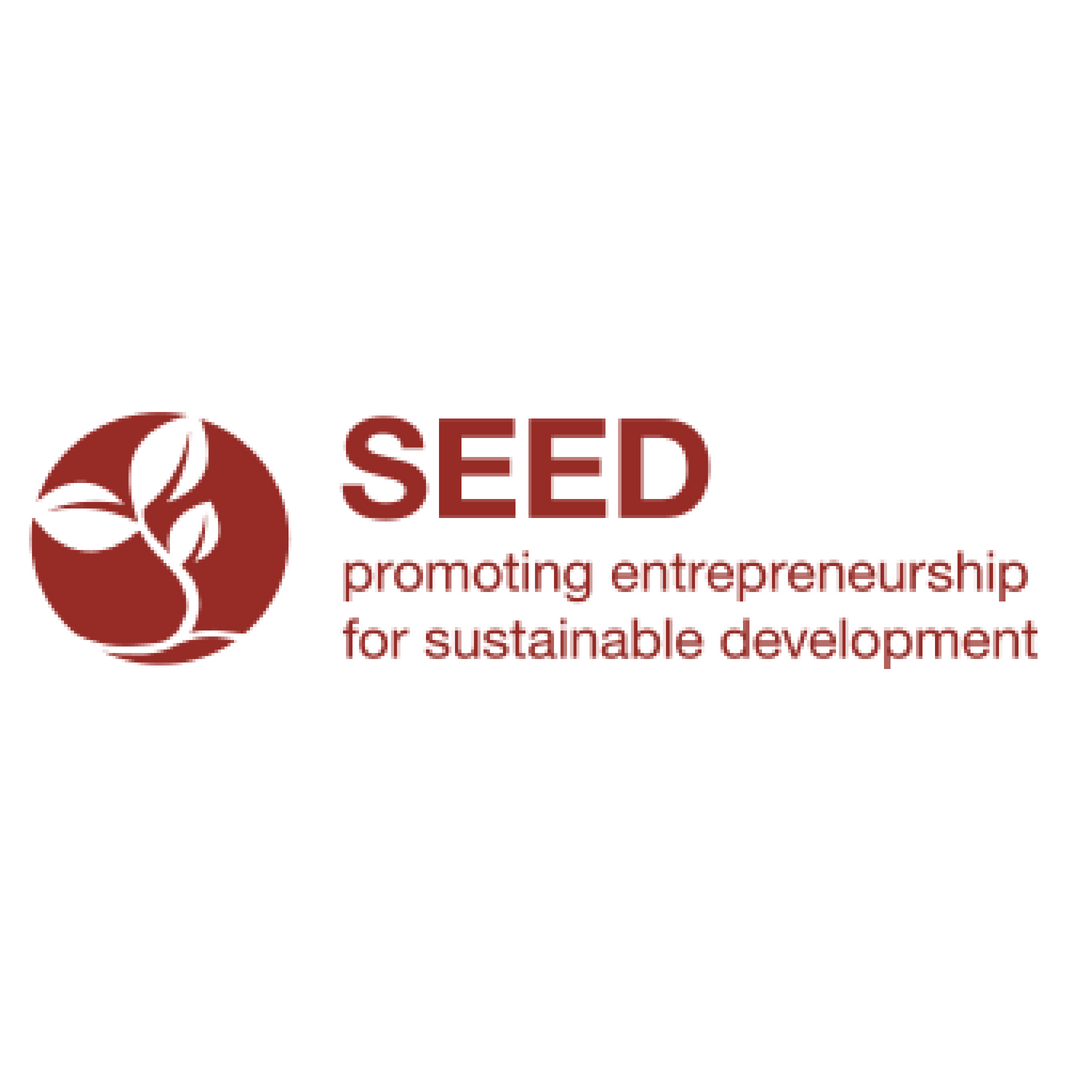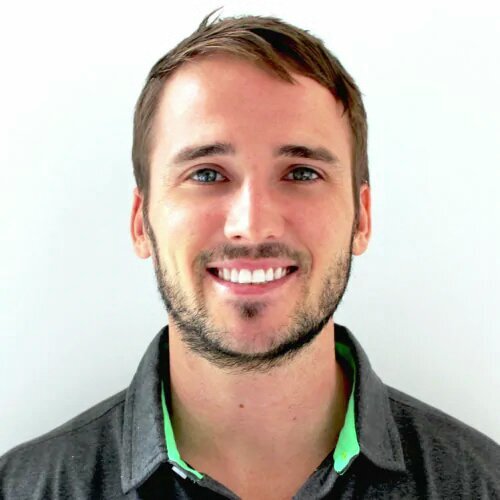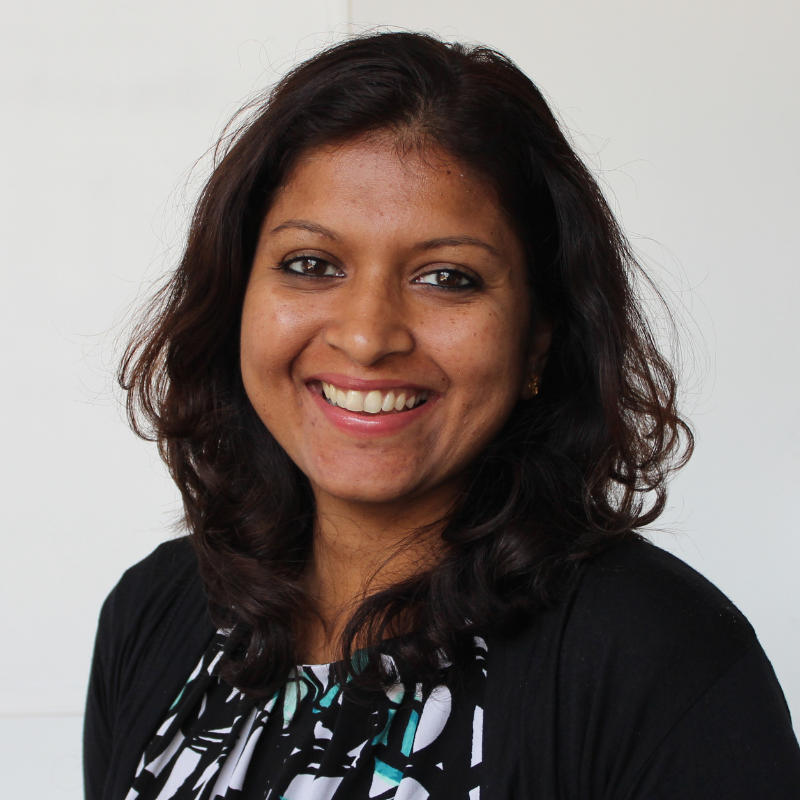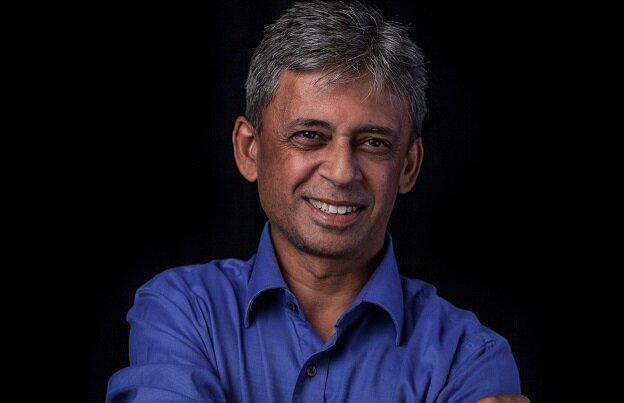OUR VISION
A world where plastic waste is optimized as a resource for reducing poverty through fair market access
OUR MISSION
To create a social impact through recycling while transitioning the industry to a circular economy.
The Plastics for Change story started with Andrew Almack’s journey through South Asia in 2011. Overwhelmed by the extreme poverty in the region and the audacious levels of plastic pollution began the journey of an "eco-label" which could represent ethically sourced recycled plastic, ultimately helping to reduce plastic pollution and poverty.
Plastics for Change was launched with a mission to use plastic waste as a resource for addressing social issues ever since. With over two billion people living on less than $2.00 a day, there is an enormous opportunity to reduce poverty through recycling. We have been on a mission ever since - to bring recycling infrastructure to developing regions and creating jobs for some of the most marginalized members of society.
We're on a mission to change the social and environmental impact of plastic
Fight Climate Change
Our program is designed to make it profitable for companies to transition away from virgin plastic and start sourcing recycled. Every one ton of virgin plastic that is offset by recycled plastic saves approximately two-three tons of Co2.
Create Livelihoods
1% of the urban population in developing countries relies on recycling as their primary household income. Life at the base of the recycling supply chain is tough. Our ethical sourcing platform can help break the poverty cycle and create lasting change.
Reduce Plastic POLLUTION
More than 3 billion people don’t have their waste collected or disposed of safely. We need to accelerate the development of recycling infrastructure by creating markets for the waste.
Decent Work and Economic Growth
Our program is designed to provide predictable and sustainable livelihoods to some of the world’s most marginalized and exploited people groups. Our inclusive business and fair trade practices ensure dignified work to some of the poorest communities.

